What Is Link Buying?
Buying high quality backlinks means paying to get links from other websites that point to your own. These links act like votes of trust in the eyes of search engines, helping boost your site’s visibility. It’s a shortcut many businesses use when they want quicker SEO results without waiting months to earn links organically.
Google’s Stance on Buying Backlinks
Google has made it clear that paying for backlinks to manipulate search rankings goes against its guidelines. It views such practices as link schemes, which can lead to penalties or de-indexing. That said, many still take the risk, but it’s important to be smart and subtle about how it’s done.
Why SEO Professionals Still Buy Backlinks
Even with the risk, SEO professionals continue buying high quality backlinks because they work, when done right. It’s not just about boosting rankings anymore; it’s also about building authority, closing link gaps, and staying competitive in saturated markets.
Benefits of Buying Backlinks
Improved Search Engine Rankings
When you acquire links from high-authority domains, search engines take notice. Buying high-quality backlinks can lead to better keyword rankings, especially for competitive terms.
Increased Organic Traffic
Better rankings mean more visibility, and that visibility drives more organic traffic to your website. A single backlink from a top-tier blog can bring in hundreds of potential leads.
Higher Domain Authority and Domain Rating
Each strong backlink you acquire helps raise your domain’s authority metrics like DA, DR, and trust flow. These metrics don’t directly impact Google rankings but are often used to gauge overall SEO strength.
Time-Saving Compared to Organic Link Building
Outreach campaigns and content marketing take time. Buying high-quality backlinks can give you a head start and save months of slow progress if you’re launching a new site or entering a tough niche.
Risks Associated with Buying Backlinks
Google’s Penalties and Algorithm Updates
Google’s algorithm keeps evolving, especially around spam and link manipulation. If you’re caught with unnatural links or using shady vendors, your rankings can take a major hit.
Identifying Spammy Link Sources
Not all backlinks are created equal. Buying from spammy directories, low-quality blogs, or sites filled with AI content can do more harm than good. That’s why it’s critical to vet every source carefully.
Potential Waste of Resources on Low-Quality Links
Some services promise dozens of backlinks for cheap but they’re often irrelevant, low-authority, or flagged by Google. Spending money on those is like pouring water into sand: it vanishes without results.
Buying High Quality Backlinks Safely and Effectively
Conducting a Backlink Audit
Before buying anything, audit your existing backlinks. Tools like Ahrefs or Semrush can show you what kinds of links you already have, which gaps exist, and what your competitors are doing differently.
Identifying High-Quality Link Opportunities
The goal isn’t just buying backlinks, it’s buying high quality backlinks. Look for sites with real traffic, editorial standards, and niche relevance. A link from one solid site beats 10 irrelevant ones.
Choosing Reputable Link Providers
Always work with providers who offer transparency, samples, and proof of placements. Avoid those offering “100 backlinks for $10” or promoting PBNs. Remember: quality costs more, but it’s worth it.
Diversifying Anchor Text and Link Sources
Using the same anchor text over and over (like “best SEO agency”) is a red flag. Mix it up with branded, generic, and long-tail variations. Also, diversify sources from blogs to news sites to forums.
Cost of Buying Backlinks
Factors Influencing Backlink Pricing
Backlink costs vary based on a site’s domain authority, traffic, relevance, and content format. A contextual link in a tech article will cost more than a sidebar link on a random blog, and rightly so.
Comparing Costs: Buying vs. Building Links
Organic outreach may seem free, but it takes time, content, and follow-ups. In comparison, buying high quality backlinks gives you faster results, though at a higher price point upfront.
Budgeting for High-Quality Backlinks
Set aside a realistic monthly budget. For example, spending $200–$500 per link from reputable blogs is common. If you’re in a competitive industry, you might need even more firepower.
Alternatives to Buying Backlinks
Building Links Through Digital PR
Press releases, journalist outreach, and PR campaigns can help earn natural links from media outlets. It’s slower but adds brand credibility along with SEO value.
Creating Link-Worthy Content
In-depth guides, tools, statistics, and case studies attract links naturally. If your content solves real problems or offers something unique, people will reference it without asking.
Engaging in Guest Posting and Blogger Outreach
Guest posting is still alive if done right. Reach out to niche-relevant blogs and offer real value through useful, engaging articles that include backlinks to your site naturally.
Final Verdict: Should You Buy Backlinks?
Assessing Your SEO Goals and Resources
If your site is new or stuck in low rankings, buying high quality backlinks might give you the boost you need. Just make sure your foundation (on-page SEO, content quality, UX) is solid.
Weighing the Pros and Cons
The rewards include faster rankings and authority, but the risks involve penalties and wasted money if done poorly. Buying backlinks is a double-edged sword use it wisely.
Making an Informed Decision
You can’t treat link buying as a shortcut anymore. Be strategic. Buy links only when they fit your SEO goals, align with best practices, and come from trustworthy sources.
Frequently Asked Questions (FAQs)
Is Buying Backlinks Legal?
Technically, it’s not illegal. But it does go against Google’s Webmaster Guidelines. That means your site can be penalised, not sued.
How Can I Identify a Quality Backlink?
A good backlink comes from a real website with organic traffic, topical relevance, strong domain metrics, and editorial standards. If you’d trust the site as a user, that’s a good sign.
What Are the Signs of a Spammy Link?
Watch out for sites with thin content, irrelevant topics, low engagement, excessive outbound links, or zero traffic. If the site looks abandoned or spammy, don’t buy from it.
Can I Combine Buying and Building Backlinks?
Absolutely. The best SEO strategies combine both. Build what you can organically, and supplement the rest with carefully chosen paid backlinks.
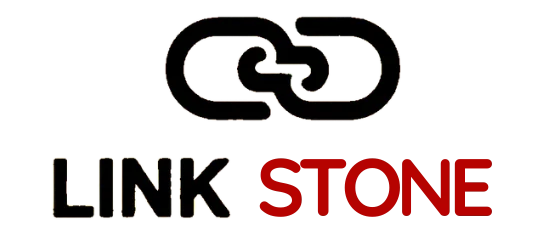
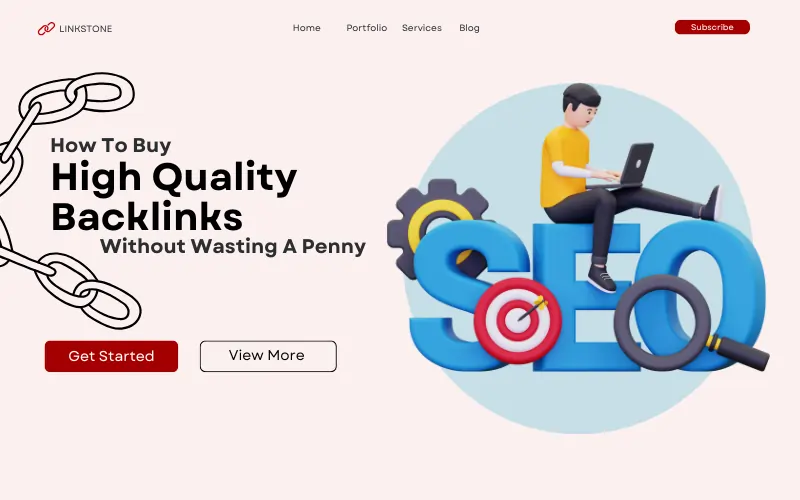
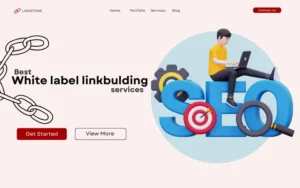
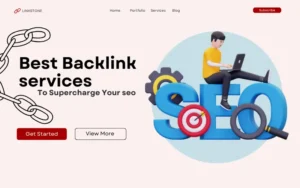

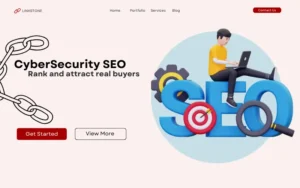

1 Comment
Your comment is awaiting moderation.
Your article helped me a lot, is there any more related content? Thanks!
Your comment is awaiting moderation.
Thank you for your sharing. I am worried that I lack creative ideas. It is your article that makes me full of hope. Thank you. But, I have a question, can you help me?
Your comment is awaiting moderation.
Can you be more specific about the content of your article? After reading it, I still have some doubts. Hope you can help me. https://www.binance.com/bg/register?ref=V2H9AFPY
Your comment is awaiting moderation.
Thanks for sharing. I read many of your blog posts, cool, your blog is very good.
Your comment is awaiting moderation.
Your article helped me a lot, is there any more related content? Thanks!
Your comment is awaiting moderation.
Thanks for sharing. I read many of your blog posts, cool, your blog is very good. https://accounts.binance.com/en-NG/register-person?ref=YY80CKRN
I like what you guys are usually up too. This sort of clever work
and reporting! Keep up the fantastic works guys I’ve added you guys to my own blogroll.